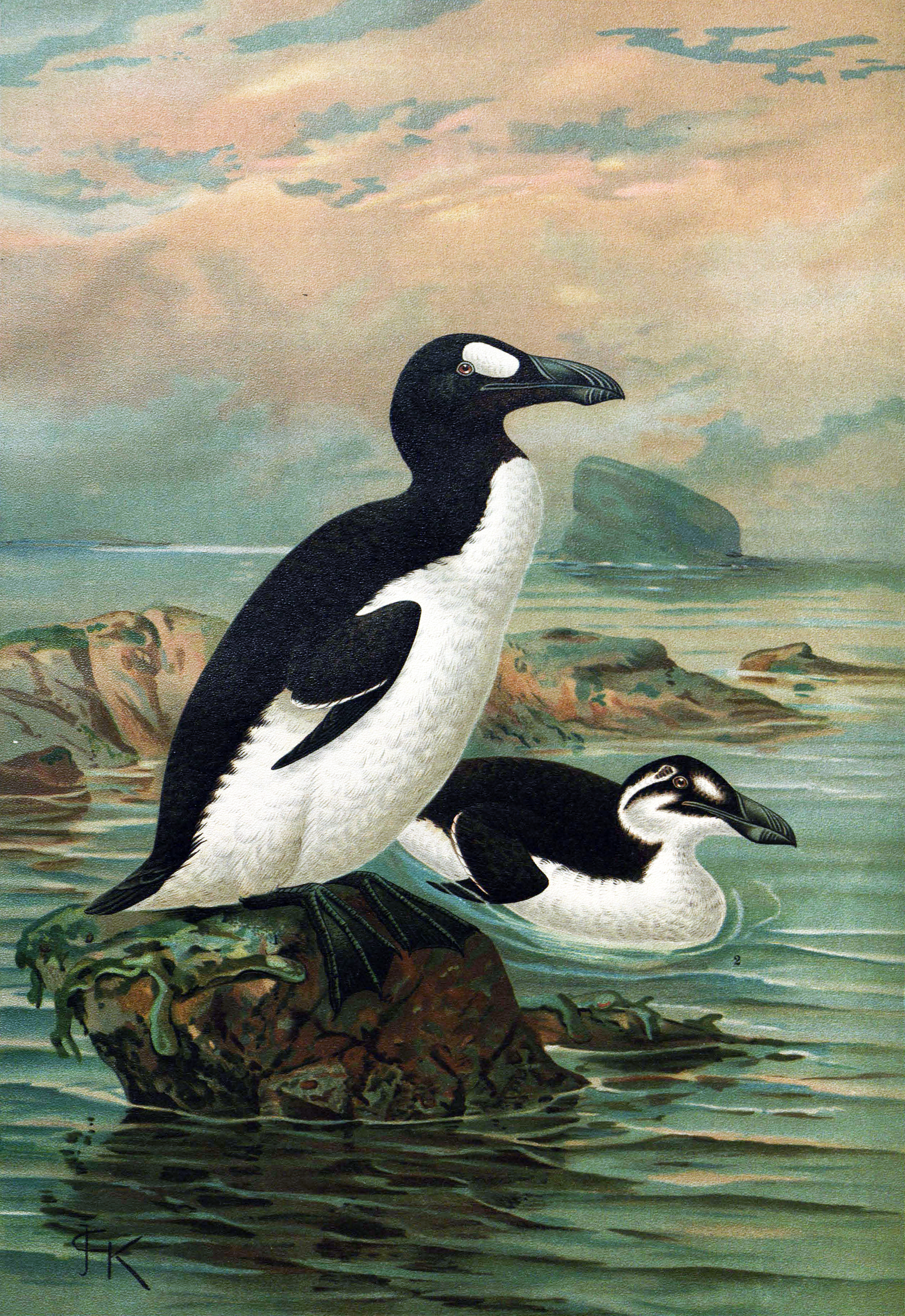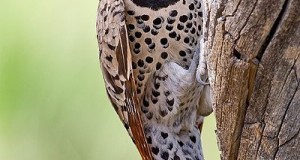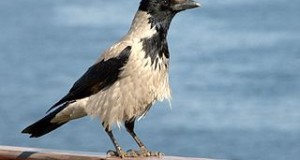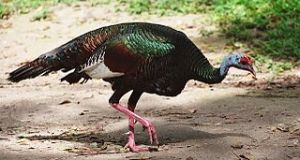 Christening 2010 the “International Year of Biodiversity” has unfortunately been of no use to the Alaotra Grebe (Tachybaptus rufolavatus). The small waterbird, once endemic to Madagascar, has become the first avian species to be declared extinct since the Liverpool Pigeon disappeared in 2008. Birdlife International which recently (May, 2010) added the Alaotra Grebe to the IUCN Red List of Extinct Species, noted that it has not been sighted since 1985, despite surveys of the single brackish lake in which it dwelled.
Christening 2010 the “International Year of Biodiversity” has unfortunately been of no use to the Alaotra Grebe (Tachybaptus rufolavatus). The small waterbird, once endemic to Madagascar, has become the first avian species to be declared extinct since the Liverpool Pigeon disappeared in 2008. Birdlife International which recently (May, 2010) added the Alaotra Grebe to the IUCN Red List of Extinct Species, noted that it has not been sighted since 1985, despite surveys of the single brackish lake in which it dwelled.
The image posted with this article is the only known photograph of the Alaotra Grebe. Other recently extinct birds, such as the penguin-like Great Auk, are known only from museum specimens (please see photo).
Recent Bird Extinctions
The Alaotra Grebe joins over 130 other birds that have disappeared since the year 1500. Nearly all bird families have been affected, with parrots and flightless island dwellers being particularly hard-hit. In the last 25 years, 2 other grebes (the Columbian and Atlitan Grebes) have become extinct; Peru’s Junin Grebe is thought to be represented by a mere 250 individuals.
In the USA, Hawaii’s Po’ouli Honeycreeper is believed extinct. Worldwide, 190 species of birds are considered to be Critically Endangered and facing imminent extinction.
Why the Alaotra Grebe was Lost
Although detailed studies have not been conducted, it appears that a number of sinister factors combined to seal the Alaotra Grebe’s fate. Two large species of predatory fishes that were introduced to Lake Alaotra, the grebe’s sole habitat, consumed chicks and out-competed the birds for food (small fish). Also, a drastic increase in the use of gill nets by local fisherman resulted in many grebes being drowned, and introduced plants have destroyed critical nesting areas.
Why Should We Care?

I have often faced this question when speaking of the disappearance of seemingly “inconsequential” creatures, especially when addressing children in NYC and others far removed from “nature”. The answers are numerous and complex, and I must admit that I was not always successful in generating concern.
Birdlife International has come up with a wonderful idea…readers can post their opinions as to why the extinction of this bird, or any plant or animal, should concern us. There are already a great many insightful comments…please add your own here.
Further Reading
Please check out this BBC article for more bad and good bird conservation news.
Alaotra Grebe image referenced from wikipedia and originally Paul Thompson
 That Bird Blog – Bird Care and History for Pet Birds
That Bird Blog – Bird Care and History for Pet Birds



